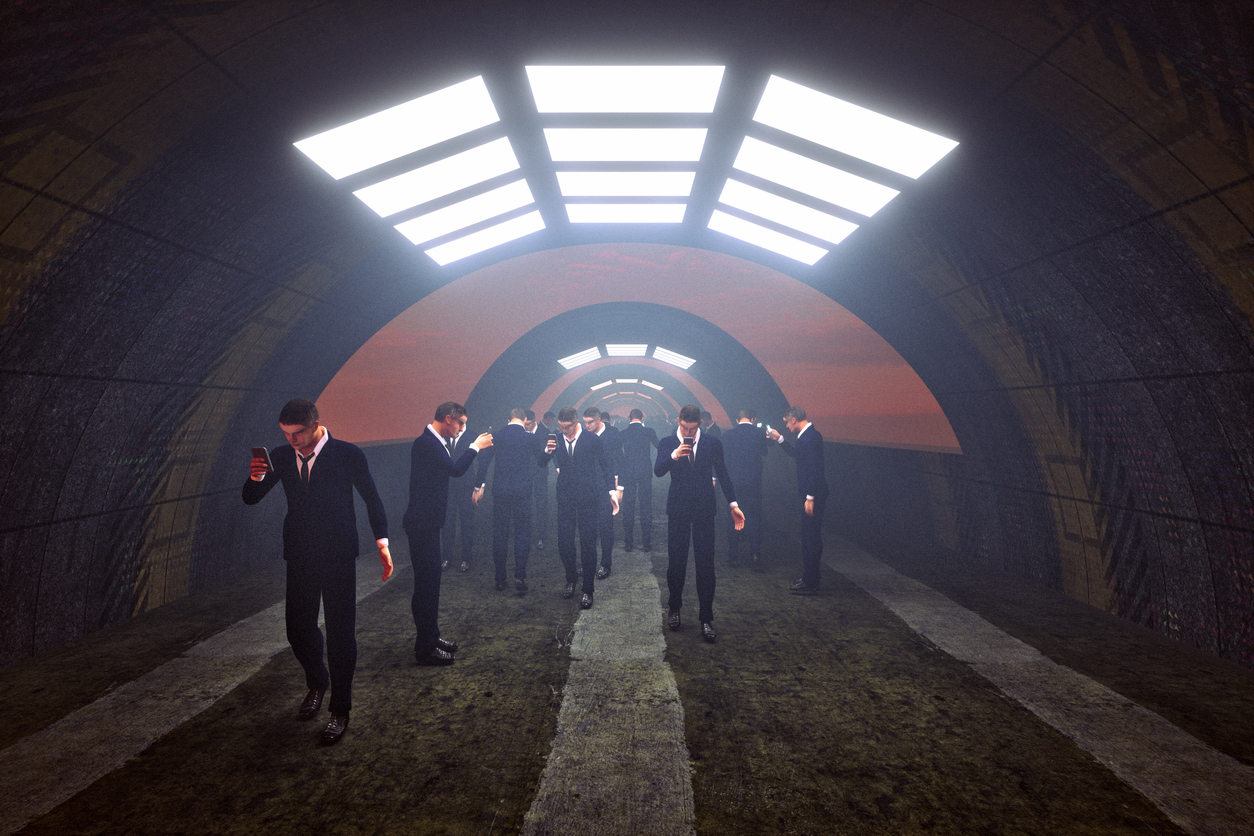A recurring enemy in the Star Trek series, of which I am a fan, is the Borg. They are cybernetic organisms that are linked together. They travel through space and time, assimilating other species into their collective. They intone the words, “You will be assimilated; resistance is futile.” There is no individual autonomy, only the collective mind.
I think of them as I see how interconnected our lives have become.
Often my young students resist sharing their opinions with me. I push and prod. I explain to them that the meaning of being Jewish is to wrestle with the stories and laws found in the weekly readings. They do not get to pick their favorite chapter or verse. Instead it is assigned to them based on what weekend they will become a bar or bat mitzvah. Their task is to figure out what message it has for them. What is the meaning it might offer for their lives?
I realize that this is a weighty task. I recognize that their schooling trains them to memorize facts and figures. It seeks to objectify learning. I, on the other hand, wish for them to think for themselves, to ask questions that have inexact answers. They worry that their response might be deemed wrong. Despite my many assurances that I am not grading them, but wish to learn about their questions and to struggle with them for answers, they remain hesitant.
Given my stubbornness, I persist in my sacred task.
Over the years I have noticed an increasing hesitancy among my students. I wonder if technology is a factor. There’s a world in which the greatest encyclopedia we have ever seen is there at their fingertips. They can type a question into Google and discover thousands and thousands of answers. They can text twenty friends in an instant and poll them for a response.
Perhaps my accusers are correct. I am indeed a luddite.
I find myself increasingly wistful.
Then I recall my very own teachings. Judaism has always placed great value on the community. Truth is not a solitary pursuit. Sure, you can open the book by yourself. You can sit at your desk and leaf through the pages of our sacred texts, but you can really only discover truth when you are sitting across the table from someone else and debating the words that stand before you.
We are counseled to get a friend and a rabbi. You need a teacher. Most importantly, you need someone to learn with.
Then again, there are no exact answers in the business I am in. They cannot be found on the Internet. They cannot be voted on by friends. Instead, hard work and perseverance are required. A confidence that one’s individual opinions matter is necessary.
While the truth must be measured against the group, while it must be wrested from conversations with others, the seeds of imagination and creativity begin in the individual soul.
The collective requires strong individuals.
The conversation is where it begins. The discussion is where it emerges.
Rabbi Steven Heneson Moskowitz is the rabbi of Congregation L’Dor V’Dor, a vibrant synagogue on Long Island’s North Shore. His writing appears in a variety of publications including Reform Judaism and The Times of Israel. He also blogs at rabbimoskowitz.com

